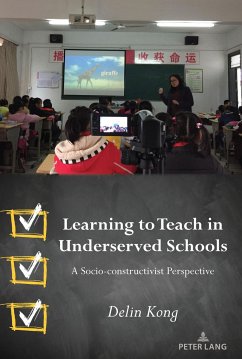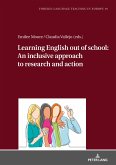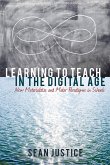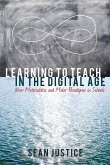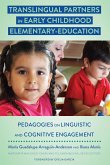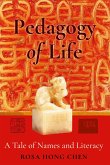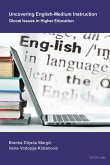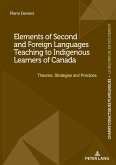This book examines the complex issues of student teachers' professional learning in the unique while worthwhile context of underserved schools in English language teacher education, against the backdrop of preparing 21st-century teachers who can work with all students. Drawing on a socio-constructivist perspective, this book explores student teachers' learning outcomes, learning processes, and influencing factors of their learning during the placement in underserved schools. Learning outcomes are presented by disseminating student teachers' development in various categories of practical knowledge, including knowledge of self, knowledge of context, knowledge of curriculum, subject matter knowledge, knowledge of instruction, knowledge of English teachers and the teaching profession, as well as knowledge of interpersonal relationships. Learning processes are revealed that student teachers learn by broadening, consolidating, deepening, and developing practical knowledge in the upward spiral with individual knowledge categories, and by integrating practical knowledge from different knowledge categories. Additionally, different factors have influenced the professional learning experiences, including student teachers' practical knowledge before teaching practicums, critical incidents happened during teaching practicum, student teachers' observant and reflective stances, the underserved school settings, people involved in the practicums, and the student teachers' goals for taking part in the practicums.
Bitte wählen Sie Ihr Anliegen aus.
Rechnungen
Retourenschein anfordern
Bestellstatus
Storno

